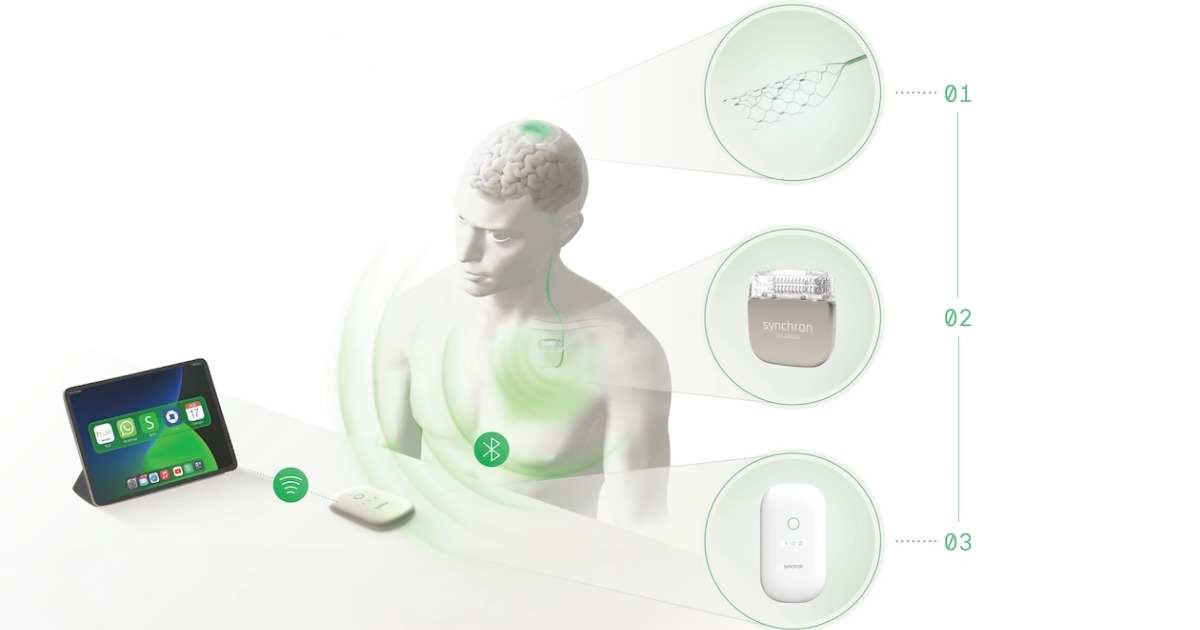More than 30 telehealth projects in locations from West Virginia to Guam are receiving funding through the U.S. Department of Agriculture's Distance Learning and Telemedicine (DLT) program.
Of the 65 grants awarded across 34 states, totaling more then $20 million, 31 grants valued at $8.6 million were telehealth-related, with the rest going to educational services.
An example of a typical grant is an almost $500,000 award to the University of Iowa's eHealth Extension Network. USDA officials said the grant will enable the university to equip telemedicine carts with video-conferencing and cloud-based image-sharing in more than 70 rural healthcare facilities in 46 counties.
In a press release, Agriculture Secretary Tom Vilsack said the telehealth grants ensure that "people who live and work in rural areas will not have to travel long distances for specialized healthcare services." In addition, he said, extending telehealth services to rural areas enables rural communities to attract quality healthcare professionals, improve healthcare services for the elderly and those with chronic conditions and improve access to specialty services.
The telehealth-specific grants awarded last week are as follows:
- Alabama – Mobile Infirmary Association, $93,681, to provide acute and preventative care to underserved populations in rural south Alabama;
- Alabama – Quality of Life Health Services, $396,543, to provide healthcare service to patients at 10 remote sites;
- Alaska – Southeast Alaska Regional Health Consortium, $284,424, to provide healthcare to some 16,200 patients of 12 remote clinics;
- Arizona – La Paz Regional Hospital, $316,800, to provide telehealth services to cardiology patients in La Paz County;
- California – California Telehealth Network, $486,132, to extend telehealth programs to five agencies serving remote residents in eight counties;
- California and Guam – Good Samaritan Hospital, $417,560, to connect clinicians at the Los Angeles-based hospital with providers and patients at six sites in Guam;
- Illinois – Chaddock, $194,223, to provide telehealth and community services for some 130,000 residents through eight rural clinics;
- Illinois – St. John's Hospital of the Hospital Sisters of the Third Order of St. Francis, $180,781, to work with healthcare providers and provide emergency healthcare services at three remote rural hospitals;
- Iowa – The University of Iowa, $498,973, to provide adult, pediatric and geriatric telehealth services to patients at 64 remote healthcare clinics;
- Kansas and Nebraska – KVC Health Systems (two grants), $181,500 to provide telehealth services (including crisis intervention) to foster children and foster parents in Nebraska; and $335,100 to increase therapy programs for foster children, help facilitate timely placement of children in foster homes and deliver state-required educational curricula to foster parents in remote locations;
- Maine – Home Health Visiting Nurses of Southern Maine, $51,920, to provide telehealth services to residents, focusing on seniors with chronic conditions and "medically fragile" children, in 36 communities in Cumberland County;
- Maryland – Crisfield Clinic, $390,115, to link two primary care clinics in Crisfield with six remote rural schools to provide telehealth and community services;
- Michigan – Memorial Healthcare, $110,000, to connect healthcare providers at Memorial Hospital in Oswego with providers and patients in five remote rural clinics;
- Michigan – Munson Medical Center, $217,629, to link specialists at the hospital with healthcare providers in rural areas to treat patients with bleeding disorders (will also be used for continuing education);
- Minnesota, North Dakota and Wisconsin – Essentia Health, $213,564, to expend the health systems existing telemedicine network to 21 clinics and two hospitals, a project that is expected to benefit more than 300,000 residents;
- Nebraska and Kansas – Good Samaritan Hospital, $155,041, to provide a wide range of telehealth services to residents in rural Nebraska and north central Kansas;
- New York, California and Texas – Finger Lakes Migrant Health Care Project, $231,329, to provide primary and specialty telehealth services to patients at eight rural clinics in the three states;
- New York – New York State Office of Mental Health, $219,650, to expand mental health services to remote residents of rural New York;
- New York – Saint Regis Mohawk Tribe, $336,598, to establish telehealth services for the Saint Regis Mohawk Tribe at rural clinics and community centers on the reservation;
- North Carolina – Mission Healthcare Foundation, $175,836, to provide pediatric, cardiac and bariatric telehealth services to rural residents of western North Carolina;
- North Dakota – Altru Health System, $196,305, to provide telehealth service to remote, rural residents in 17 counties;
- Oklahoma – University of Oklahoma Health Sciences Center, $448,887, to help primary care physicians in 11 remote communities treat patients with Hepatitis C, increase awareness of the virus and work to prevent new cases;
- Oregon – Greater Oregon behavioral Health, $436,506, to connect approximately 10,000 patients in 12 rural counties with 32 community healthcare providers for consultation and treatment;
- South Carolina – Medical University of South Carolina, $276,878, to provide maternity and pediatric telehealth services for resident in 15 rural areas and provide continuing education to rural healthcare providers;
- Tennessee and Virginia – Mountain State Health Alliance, $169,200, to connect specialists at Tennessee's Johnson City Medical Center to seven rural Appalachian hospitals;
- Tennessee – Professional Care Services of West Tennessee, $109,245, to provide mental health counseling, including crisis intervention services, via telehealth to youths and adults at six remote locations, benefitting an estimated 8,000 people in seven counties;
- Tennessee and Kentucky – Tristar Health Systems, $288,600, to expand an existing telestroke program and treat behavioral health issues;
- Washington and Idaho – Whitman Hospital and Medical Center, $500,000, to replace outdated imaging equipment with new 3D imaging technology and make other network improvements;
- West Virginia – CAMC Health Education and Research Institute, $229,368, to provide telemental health counseling services for children and teens in eight rural counties, benefitting an estimated 5,000 residents;
-
West Virginia – Monongalia County General Hospital, $496,252, to connect specialists at the Morgantown hospital with primary care providers and patients in remote parts of the state.


